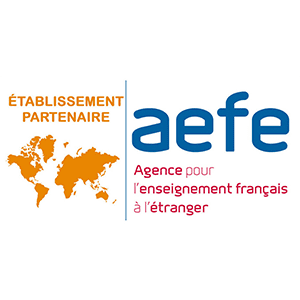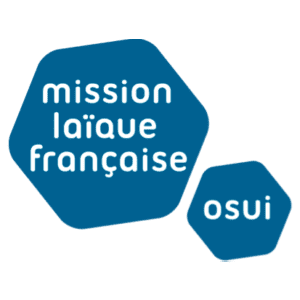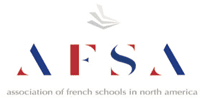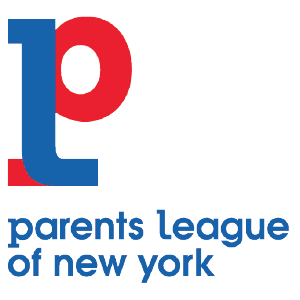Creating a Language-Rich Environment at Home: A Guide to Supporting Language Learning
How can you support language learning at home? In the fascinating journey of language development, the more the home language is fortified, the more it strengthens the acquisition of a new language! This dynamic process, known as translanguaging, plays a pivotal role in your child’s linguistic voyage. Language gains strength when words hold meaning across various languages. For instance, there can be two or three words (in any language) that mean “story,” and having a robust understanding of the concept in any language helps reinforce the others. In this blog post, we’ll explore daily practices that not only help your child learn your family’s language but also contribute to their overall success in various aspects of life.
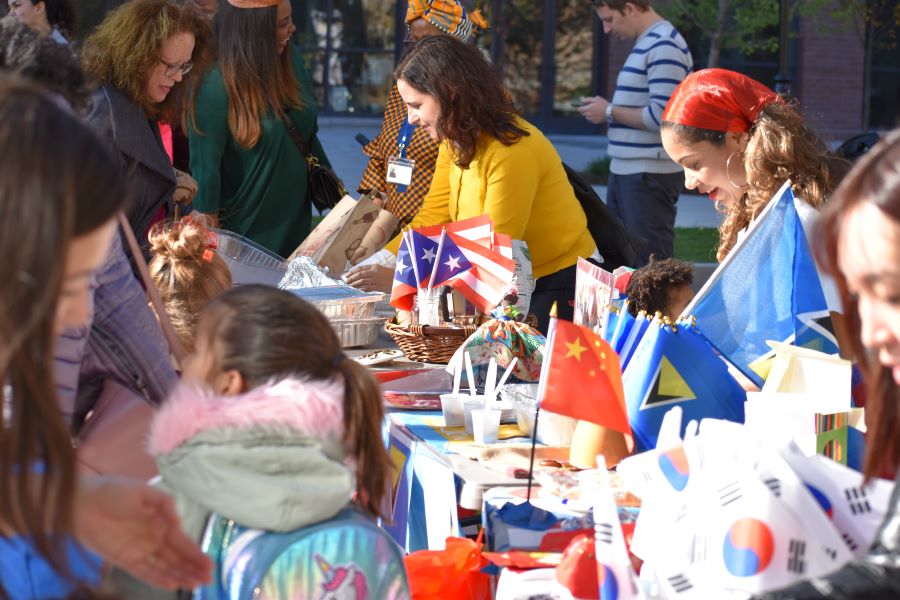
Parents Sharing Their Cultural Heritage at Tessa International School’s UN Day Celebration
Tips to Support Your Child’s Language Learning Journey
Use Your Native Language at Home:
Incorporating your home language into daily life is a powerful way to enrich your child’s understanding of their heritage. Whether your native language aligns with the country you reside in or not, it provides a unique and invaluable perspective that will benefit your child in numerous ways.
Tell Stories and Sing Songs:
Your family’s cultural heritage is a treasure trove waiting to be explored. Share stories, rhymes, and songs from your childhood to create a joyful and immersive language-learning experience for your child. Reading books together daily, regardless of the language, stimulates imagination and strengthens language skills. Discussing pictures and narratives fosters language development, creating a strong foundation for literacy.
Check Out Materials in Your Language from the Library:
Libraries are invaluable resources for expanding language exposure. Explore books, videos, and music in your native language. If you can’t find what you’re looking for, don’t hesitate to ask the library staff for assistance. At Tessa International School, our library is full of books in English, Spanish, French and Mandarin, but also in other languages spoken by our families.
Talk About Your Traditions and Culture:
Integrate your language and traditions into your child’s educational environment. Share family stories, songs, and games with teachers and peers. Similarly to all the celebrations we hold at school (Lunar New Year, La Chandeleur, Día de la Velitas and more), celebrate your heritage at home with your family, to foster a sense of pride in their cultural identity.
Decorate Your Child’s Bedroom and Your Home:
Decorate the child’s room with posters, toys, puzzles and artwork that feature the culture of the target and home language. If you can, use everyday items in the target and home language to reinforce vocabulary.
Look for Activities in Your Community:
Participate in cultural events and connect with other families who share your home language. Create a supportive network and organize events to celebrate and strengthen linguistic ties within your community.
Continue Using Your Home Language as Your Children Grow Older:
Engage in open conversations about the benefits of bilingualism as children grow. Even if they respond in English, maintaining your language at home keeps communication lines open and reinforces cultural identity.
Remember Your Key Role:
Parents and family members play a pivotal role in a child’s life. What you value, your child learns to value. Reinforce the importance of your family’s language and culture, fostering a sense of pride and heritage.
Learning a language is also tremendous for a child’s self esteem. Let your child know you are very proud of their special achievement. Ask them to tell or teach you a new word, and keep a list on the wall. Review and add to it!
Promoting Language Learning at Home When it’s not Your Native Language:
For families who primarily speak one language at home, there are still numerous ways to foster second language development. Utilize books, audio books, songs, and other resources to create an environment that encourages language exploration and learning.
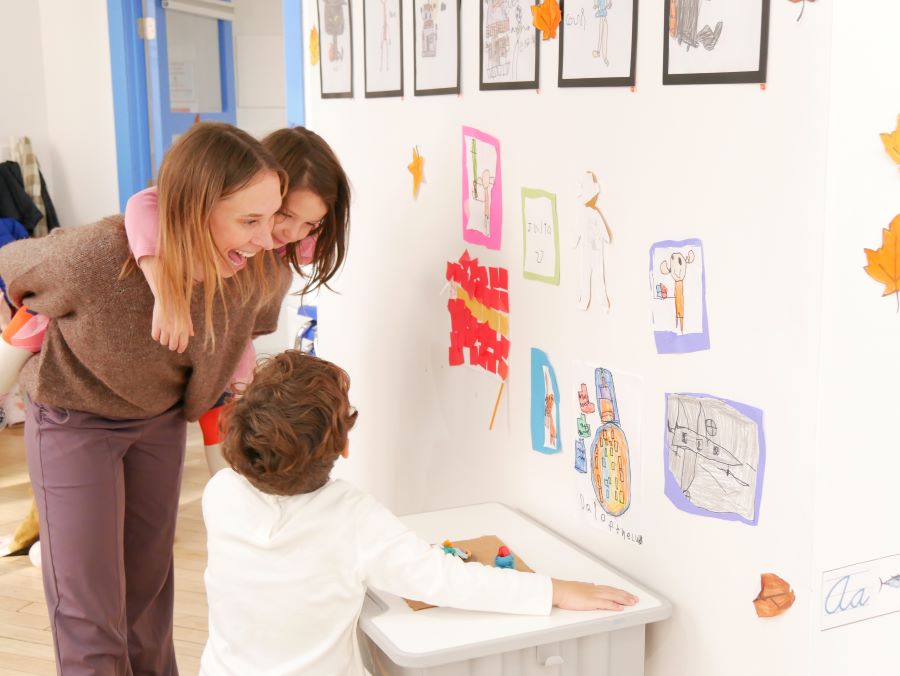
Tessa International School parent supporting the learning journey of her children
Don’t be concerned if your child does not share the language they’re learning at school with you at first. Children are very territorial with languages, and instinctively know who speaks what! They do not “translate”, but assign conceptual meaning to all words regardless of language.
Benefits of Being Bilingual:
Bilingualism offers a multitude of advantages, including enhanced thinking skills, social-emotional development, improved learning capabilities, and long-term success in an increasingly globalized world. Bilingual individuals exhibit flexibility in problem-solving, better focus, and an aptitude for learning multiple languages.
Learn more about bilingualism and language development on Tessa International School’s Website.
Tessa International School students tell us the languages they speak at home and at school.
By incorporating your family’s native language into your daily routines, you not only preserve your cultural heritage but also equip your child with invaluable tools for success. Talk, read, and sing together every day to lay the foundation for a bright and multilingual future, supporting your child’s language learning journey at home, and ensuring your child thrives academically, socially, and culturally.








